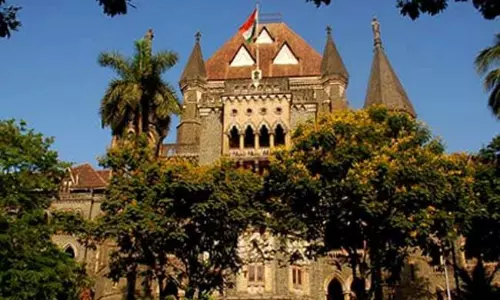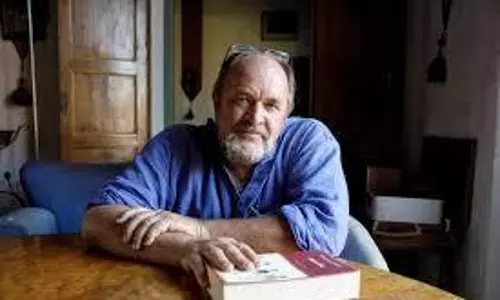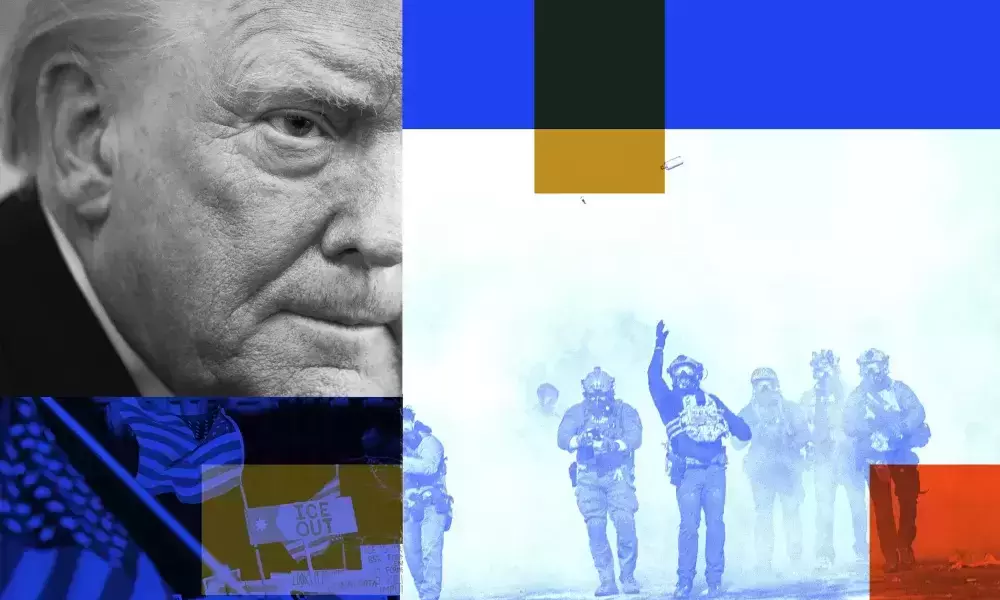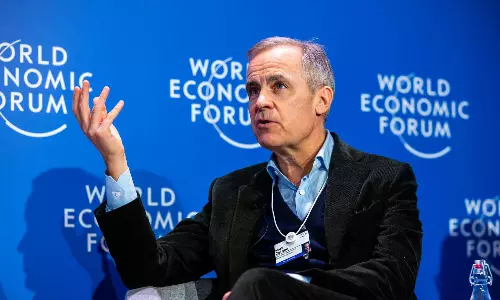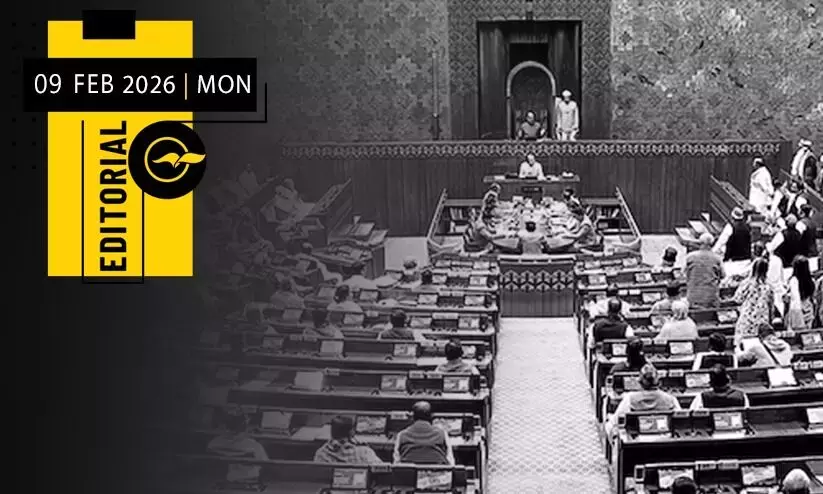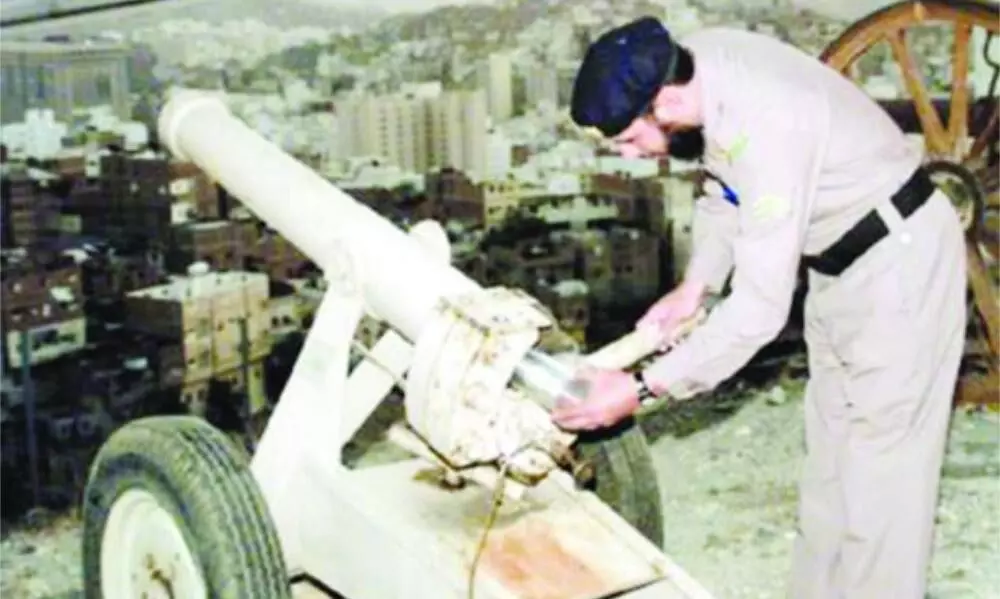
Ramadan: Makkah used to cannon-blast marking end of day's fast
text_fieldsPicture: Arab News
Makkah: The city of Makkah used to have the Iftar tradition of firing a cannon, to mark the end of fasting at the Maghreb during Ramadans. The tradition has been stopped for the last eight years, but people still recall it as a nostalgic tradition, Arab News reports.
For many years, the residents of the city used to break their fast at the sound of the cannon at Maghreb Azaan.
Ahmed Saleh Halabi, a history scholar, said that the tradition, which was not followed for the last eight years, originated in Cairo in Egypt. The start of the practice stands on multiple origin stories, he said.
According to some historians, Mamluk Sultan Khosh Qadam was testing a cannon on the Ramadan 1 of 865, and the firing coincided with the Maghreb prayer. Locals took it as a tradition from there, firing the cannon each day, marking the beginning of Sahoor and Imsak, these sects of historians believe.
Another story suggests that while some soldiers were cleaning a cannon, it accidentally fired at a Maghrib one Ramadan day, and it became a traditional practice in the holy month. Some extend the story by saying that Qadam's daughter, Fatima, heard the accidental shot, which she liked and ordered to use the same to mark at Maghrib, imsak and during official holidays. People thought then that it was a new way of marking the end of fasting, and they named the tradition after Fatima.
However, both the stories suggest the practice originated in Cairo, Egypt, marking the end of fasting. In Makkah, the cannon was placed in the mountain of Quaiqian for 100 years and blasted at prayer time. Two-kilogram blank ammunition was fired during Ramadan from the beginning of the holy month to the announcement of Eid Al-Fitr. A total of 150 rounds were fired every Ramadan.
Some natives, including Halabi, wish the tradition to be back.








